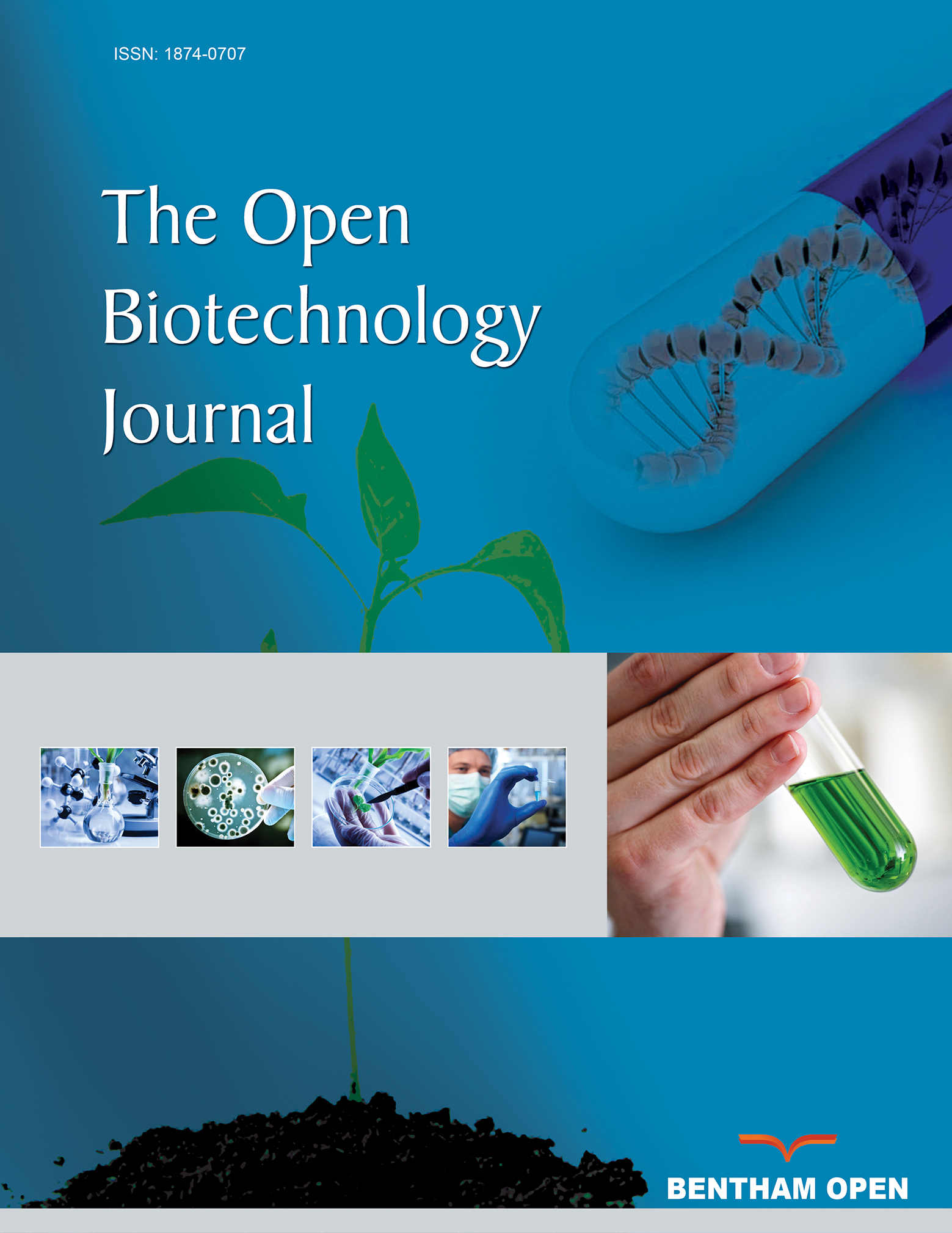All published articles of this journal are available on ScienceDirect.
Genetic Polymorphisms and Pesticide-Induced DNA Damage: A Review
Abstract
The drastic increase in pesticide applications makes human exposure inevitable either through environment or occupation. Pesticide toxicity causes many adverse health effects through a number of pathways leading to DNA damage, mutations and cancers. Nevertheless, there is heterogeneity in the degree of toxicity among individuals due to the influence of genetic polymorphisms on xenobiotic metabolizing enzymes (XMEs) that modulate the biological process. Thus, study of the most common polymorphic genes coding for the enzymes involved in pesticide metabolism (such as cytochrome P450, Glutathione S-transferases, N-acetyltransferase and paraoxonase) may help determine individual’s susceptibility to pesticide toxicity. In this review, we give an overview of some recent developments in the field of genetic polymorphism and pesticide-related DNA damage, including probable biomarkers that may uncover genome susceptibility to pesticide toxicity. We have tried to create a connection between DNA polymorphism and cancer onslaught globally. It is envisaged that knowledge on this line would improve our understanding of facilitating the association between genotype and phenotype in cancer biology.


